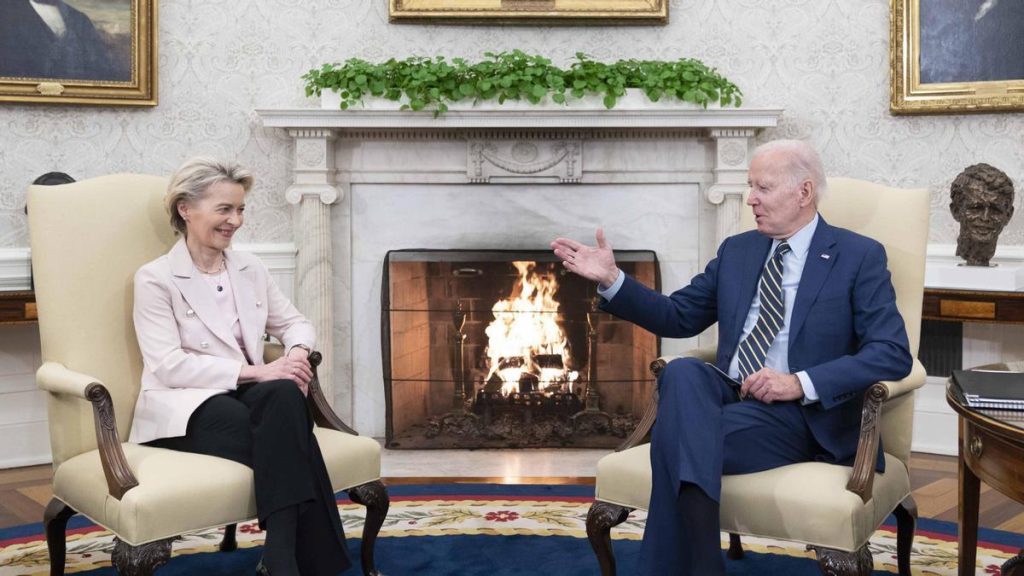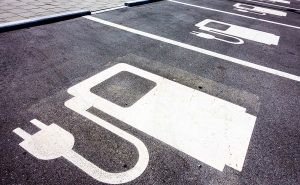
United States and European Union Seal Electromobility and Green Subsidies Agreements

In the midst of the crusade led by Joe Biden to accelerate the energy transition and avoid dependence on gas and other fuels from Russia, the President of the United States (US) held an important meeting with the President of the European Commission (EC), Ursula von der Leyen.
At the meeting, the US and the European Union (EU) agreed to start negotiating a trade pact on minerals to favor US companies that manufacture electric vehicles and to establish a “transparent dialogue” on subsidies for green energy.
Von der Leyen revealed that both were able to find solutions to the tensions that have marked the transatlantic relationship in recent months following the approval in the United States of the so-called Inflation Reduction Act (IRA) and described the meeting as constructive.
Read also: Blink Charging to Provide Charging Stations to the U.S. Postal Service
How is the Agreement Set Up?
The plan is that the EU will be able to access U.S. subsidies for electric vehicles that have been manufactured with a certain amount of minerals extracted or processed in Europe, which would give the companies similar treatment to that received by Mexican, Canadian and U.S. companies.
The agreement will also allow the United States and the European Union to improve access to those minerals and raw materials that are essential for manufacturing everything from solar panels to electric vehicles and whose extraction and processing are almost entirely controlled by China.
Negotiations will begin “immediately,” according to a joint statement subsequently issued by the two sides.
Subsidies
In parallel, the United States and the EU agreed to establish a “transparent dialogue” on the subsidies that both economies are offering to the green energy industry, according to Von der Leyen.
With that dialogue, Americans and Europeans will exchange information on the subsidies that different companies will receive thanks to the U.S. Inflation Reduction Act and the so-called “Green Pact Industrial Plan“, which the European Commission presented last month.
European companies, in principle, would not be able to access these subsidies because the Community bloc does not have a trade agreement with the United States, but Washington and Brussels want to solve that.





